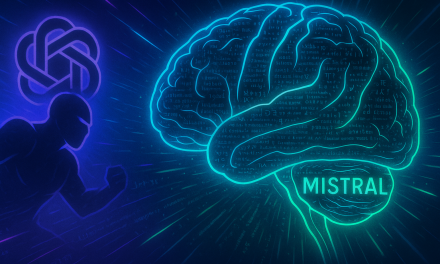June 23, 2025, marks a significant milestone in the integration of Artificial Intelligence into traditional financial powerhouses. Goldman Sachs, one of the world’s leading investment banks, announced the firmwide launch of its new AI assistant. This move is a powerful indicator of how established institutions are not just experimenting with AI but are fully embracing it to enhance their operations and decision-making processes.
The deployment of an AI assistant across a complex organization like Goldman Sachs signifies a profound shift. These intelligent tools are designed to streamline various tasks, from data analysis and market research to client interaction and compliance checks. By automating repetitive or data-intensive processes, the AI assistant aims to free up human capital, allowing highly skilled professionals to focus on more strategic, high-value activities that require creativity, critical thinking, and interpersonal skills.
This adoption by a major player like Goldman Sachs sends a clear message across the financial sector: AI is no longer a niche technology but a core component of future business strategy. It underscores the competitive imperative for financial institutions to invest in and integrate AI solutions to maintain efficiency, improve accuracy, and deliver superior services in an increasingly data-driven world.
Beyond Goldman Sachs, the day’s news also highlighted continued investment in AI infrastructure, with Snowcap Compute raising $23 million for superconducting AI chips and Hive Digital planning a Canadian AI data hub. Conversely, Canaan’s decision to exit the AI chip business to focus on Bitcoin mining also indicates the dynamic and evolving nature of the AI market. Nevertheless, the overarching trend is clear: AI is rapidly becoming an indispensable tool for businesses seeking to gain an edge in a competitive global landscape.





